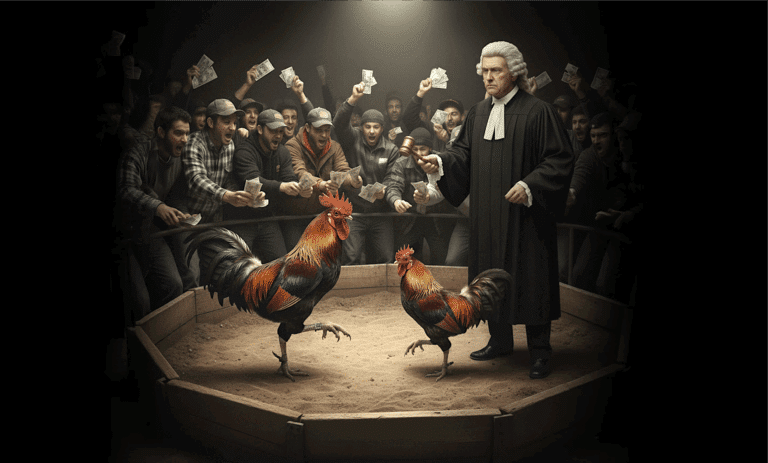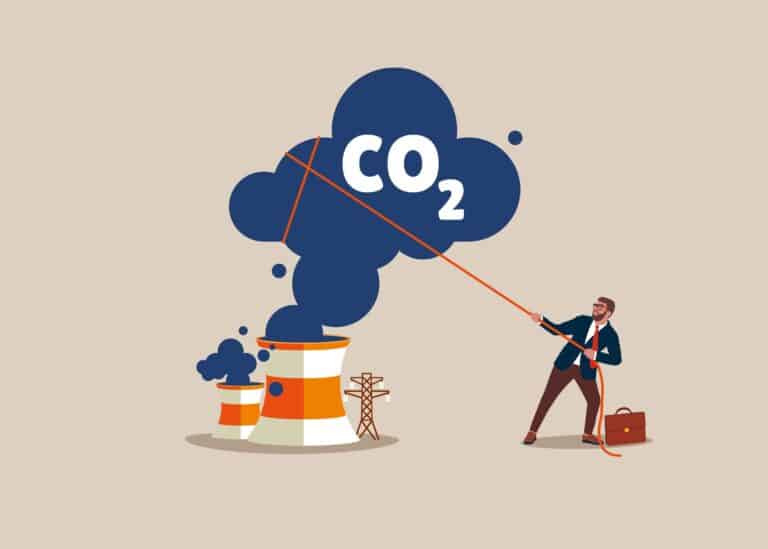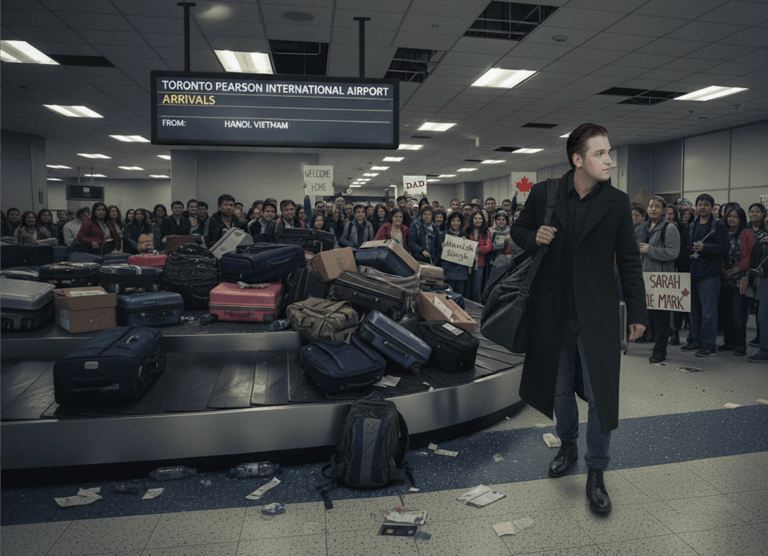For 30 years, Doug Bland served in the Canadian Forces, emerging as a widely respected lieutenant colonel. As a young captain he took part in an air assault on downtown Ottawa on Thanksgiving weekend, 1970, during the FLQ crisis. I met him several years ago at a military conference he organized at Queen’s where he holds the Chair in Defence Studies. A few years later we shot a few ducks from the skies of Manitoba. I had no idea he was a novelist as well as a crack shot.
His recently published book, “Uprising,” is a political thriller dealing with aboriginal policy. The story tells of Molly Grace, a modern revolutionary, the native rebellion she organized, and its aftermath.
The pathologies in native communities are well known and have been present for decades. Most recently undrinkable water has been an issue. Add to this disintegrating houses, glue- and gasoline-sniffing children, drugs, booze, failed schools, failed welfare, failed just about everything. No wonder increasingly Indians understand themselves as non Canadian.
Beneath this unpleasant reality is failed leadership. The blank stupidity of government bureaucrats is proverbial, but the “white Indians,” as Molly calls them, are no better. They are “imitation settlers, golf playing, dining, enjoying whiskey and cigars in the lounge while deploring dependency among savages. All of them bought for a green fee and a dinner tab.” No wonder Canadian politicians who preside over the system seriously wonder if there is a native community at all. During the course of a month long (so far fictional) rebellion Bland makes us wonder, is there a Canadian one?
Molly could care less about Canada, but she is certain a native community can be salvaged and rebuilt. Unlike the “white Indians” and anthropologists, she is serious about aboriginal spirituality. “The people,” she said, “will never surrender the traditional idea of the land as indivisible from the spirits and from the people.”
To Canadians, liberal Lockeans all, this is superstitious malarkey. Waste land, we know, is without value. Only when humans mix their labor with nature, by drilling a well, for example, does it acquire value. But what if somebody else –Molly and her followers—experience the land, with or without holes in it, as a spiritual reality? Whence then its value?
That spiritual vision fuelled Molly’s dream, “a land with no boundaries between Sault Ste. Marie and the Rocky Mountain divide … a wide open range under native laws and traditions. A new region where our people can live in peace, with settlers we might allow on our land but only on our terms.”
Her spiritual certainty leaves no room for negotiation. Quebec provides the negative example: “look at those proud separatists, sucking billions from the federal treasury. Should we aim to be like that?” No way. “The only possible end of negotiations is defeat and assimilation,” which is to say, spiritual death.
Most of us will consider Molly’s dream as goofy as Louis Riel’s. But Bland provides a plausible implementation plan: take Canada apart at the seams by attacking things that Canadians, not Indians, think important. And her military commanders, legendary and now former CF soldiers, have mastered asymmetric warfare.
The Eastern Strategy is centred on James Bay hydro production, a diversion to suck away as many CF troops as possible. The Western Strategy –well, take a guess. And guess as well how the federal government responds when they learn they have run out of soldiers. Here’s a hint: Canada has never had a plan for domestic national security beyond, in the words of Paul Martin, “hope.” I won’t give away the ending.
There are some striking cameo portraits of the denizens inhabiting National Defence Headquarters, exciting descriptions of battle, and an imaginative aboriginal view of western symbols. Have you ever wondered what the Golden Boy atop the Manitoba legislature mans to a Cree or a Métis? There are even a few jokes, mostly involving the names of his characters. No sex; we’re warriors.
Is this alarmist? Is Bland creating an exaggerated image of reality to stimulate needless panic? Or is he trying to educate his literate fellow citizens? Readers can decide. For my money he deserves a Giller Prize.






